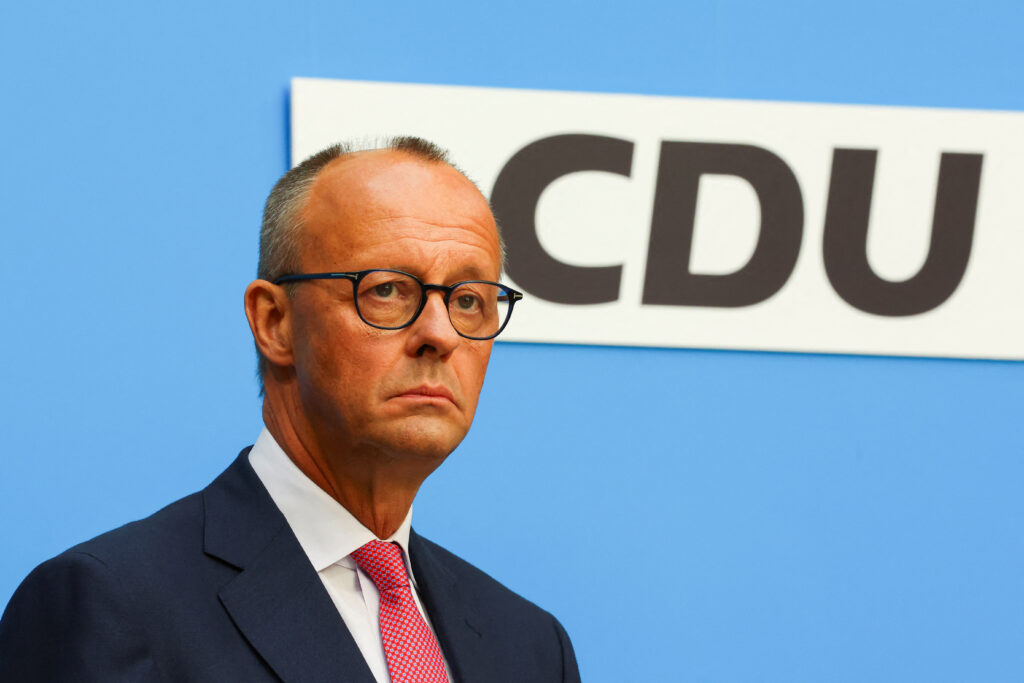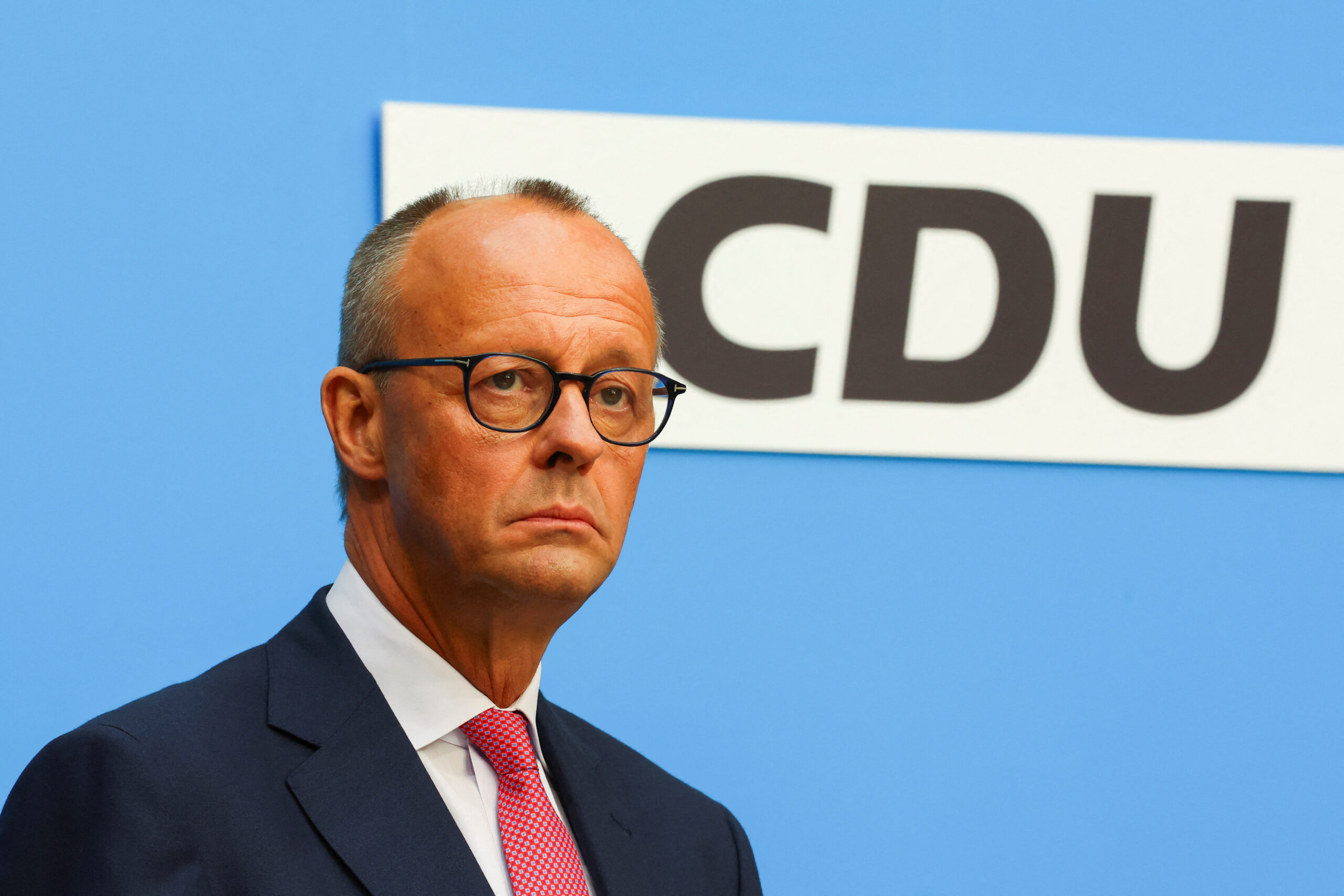
By Satyaki Chakraborty
With just two days left for the national elections in Germany scheduled for next Sunday, February 23, all opinion polls suggest a near ten point lead by the conservative CDU/CSU combo as against the far right AFD which is threatening to take over power in European Union’s richest economy with the open backing of the U.S. President Donald Trump and his accomplice Elon Musk.
Latest opinion polls tracked by The Guardian newspaper on February 20 put the CDU/CSU percentage at 30.3 per cent as against AFD’s 20.3 per cent while the present ruling party SPD recorded only 15.4 per cent and the Greens 13.1 per cent. The significant feature is that the traditional left party De Linke got 6.9 per cent, much higher compared to opinion polls recorded on January 20. The other left wing party BSW got 4.4 per cent and the FDP 4.3 per cent in February 20 opinion polls.
The election campaign in the last phase is taking place in a tense environment with the AFD being projected as a lackey of the Trump regime and enemy of Germany and Europe. The U.S. vice president J D Vance met in Munich last week with the AFD leader Alice Weidel and extended his support in the formation of the government. Vance had a big fight with the German chancellor Olaf Scholtz of the SPD in the Munich conference about the issues of the German elections and the bid by the non-far right parties not to allow AFD to come near power by declaring not to ally with the party.
As of now, the CDU/CSU leader Fredrick Merz has said that his party will never ally with the AFD in spite of the AFD’s probability of getting second position after the Sunday’s elections. So is the position of SPD, Greens and the two Left parties. The FDP’s strength is now so low that even if it supports, that will not make much difference. That way, AFD which is the part of the emerging global far right combination. has not much possibility to be a part of the coalition that will be formed after February 23 polls.
Taking into account the positioning of the political parties in Germany, CDU/CSU, the party of former chancellor Angela Markel is comfortably placed to head the future coalition on the basis of seats coming from its 30 per cent plus vote., The party can form a coalition with SPD or with Greens and FDP, excluding the Left. SPD, Social Democrats have been in alliance with the CDU/CSU combine earlier, that way the SDP has no political inhibition, but Fredrick Merz is more comfortable with an alliance with the non-SPD parties to enjoy bigger autonomy as the leader of the coalition.
Presently in some of the provinces, the SPD is enjoying power in cooperation with the Greens and the Left. The AFD improved its position substantially in the recent provincial elections, but the party was kept out of power as no other party was keen to take AFD as partner in the coalition. If this attitude persists at national level, then even if AFD increases its voting figure from 20 per cent now to 22 or 23 per cent on the final day, it has little chance to be a part of the future coalition. But certainly, AFD as the second largest party in the German parliament will be in a position to influence the course of German politics.
The BSW led by firebrand Sahra Wagenknecht last year did well in national opinion polls crossing the figure of SPD but it failed to maintain that tempo. The party earlier thought of bringing back the disgruntled German workers who joined the AFD from the left trade unions. But this programme of BSW has not worked well, though in the initial stage, many workers joined the BSW leaving AFD. Now, the BSW has again stepped up the campaign amongst the workers and students aligned with AFD to join BSW .
Interestingly. In the battle between the BSW and its parent party De Linke, the parent party has started improving fast before the elections. In just one month, while the BSW dropped from 5.3 to 4.4, the De Linke increased its share from 3.3 to the latest 6.9. This is more than double in just one month. The opinion poll results have infused the De Line workers more and they have been campaigning hard to improve the party’s position further. In the present Bundestag, out of the 537 seats, the De Linke had originally 38 seats after the last elections, but with the split , De Linke has now got 28 seats while the BSW has got 10 seats.
The official left party De Linke also has launched a big drive to bring back the labour union members who left the party unions in the recent years. Since there is a competition between BSW and De Linke to draw new members, this is having a positive impact on both the organisations. The left supporters of Germany are keenly watching the campaign of both the parties. They are hopeful that the total seats of Left in new Bundestag may go up. (IPA Service)

